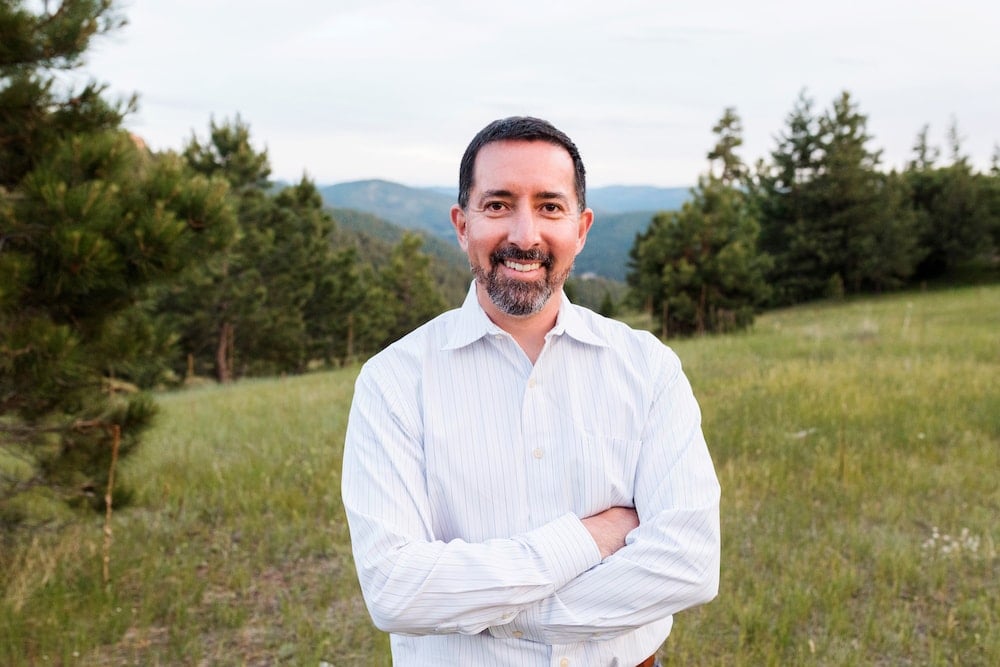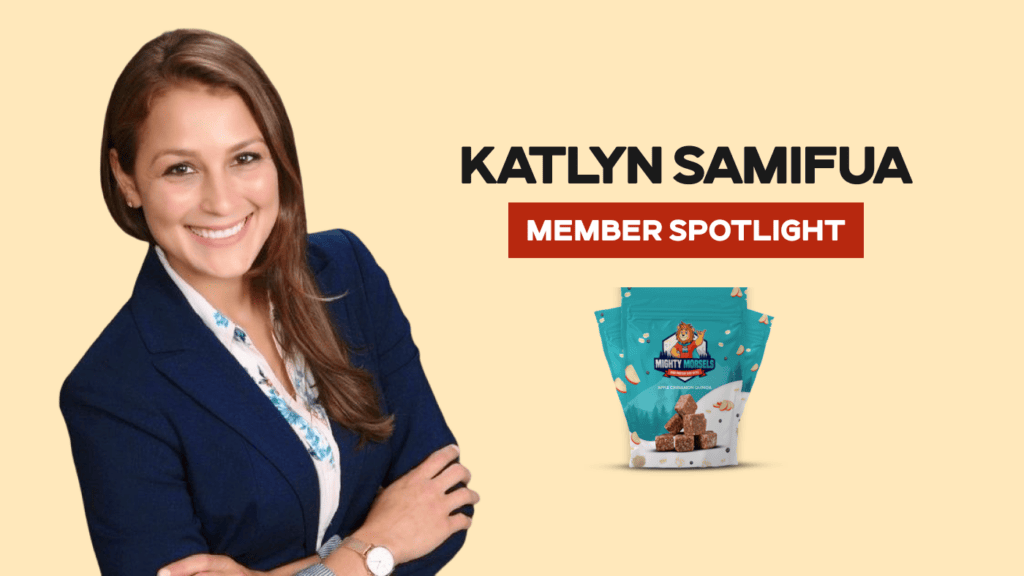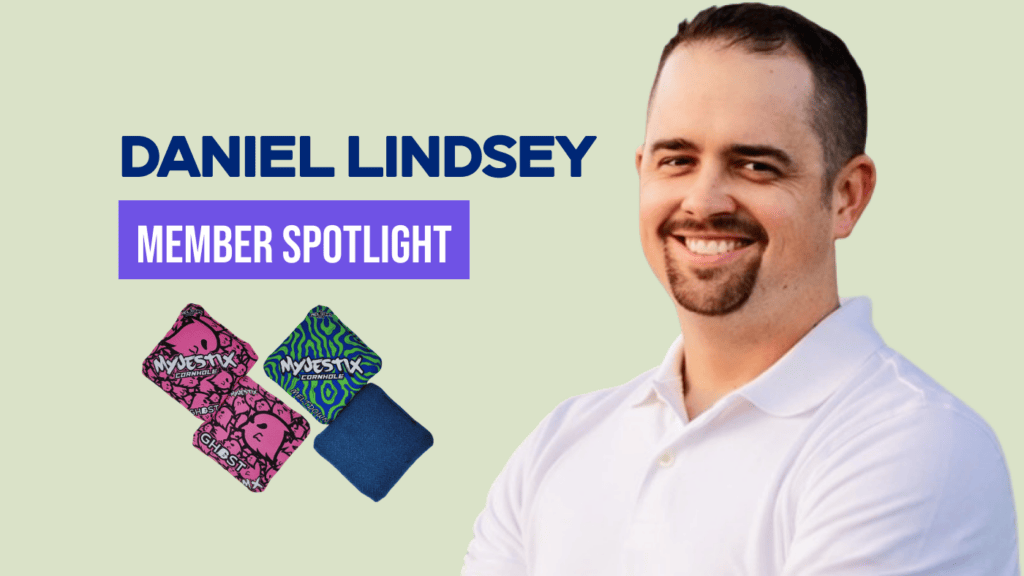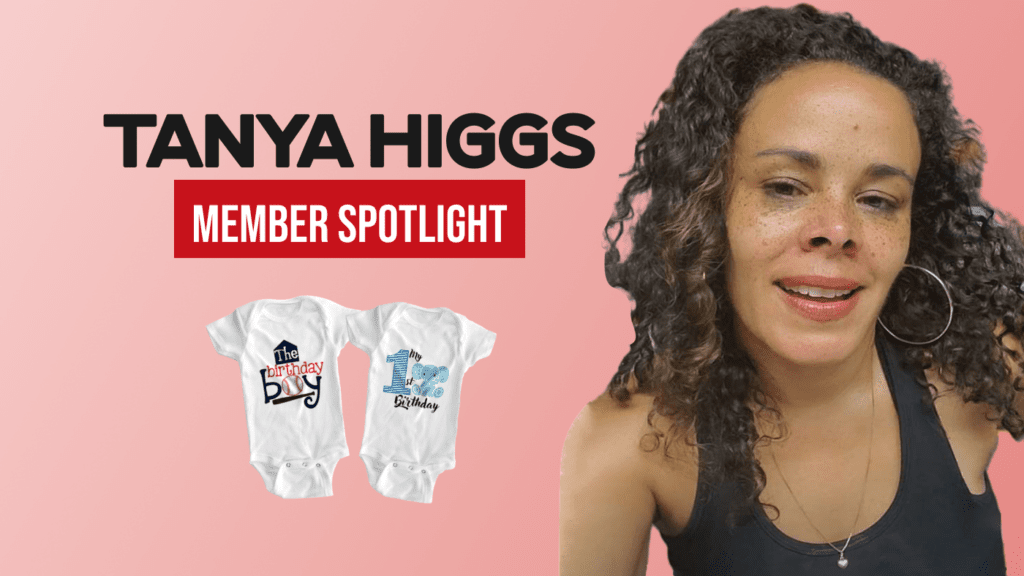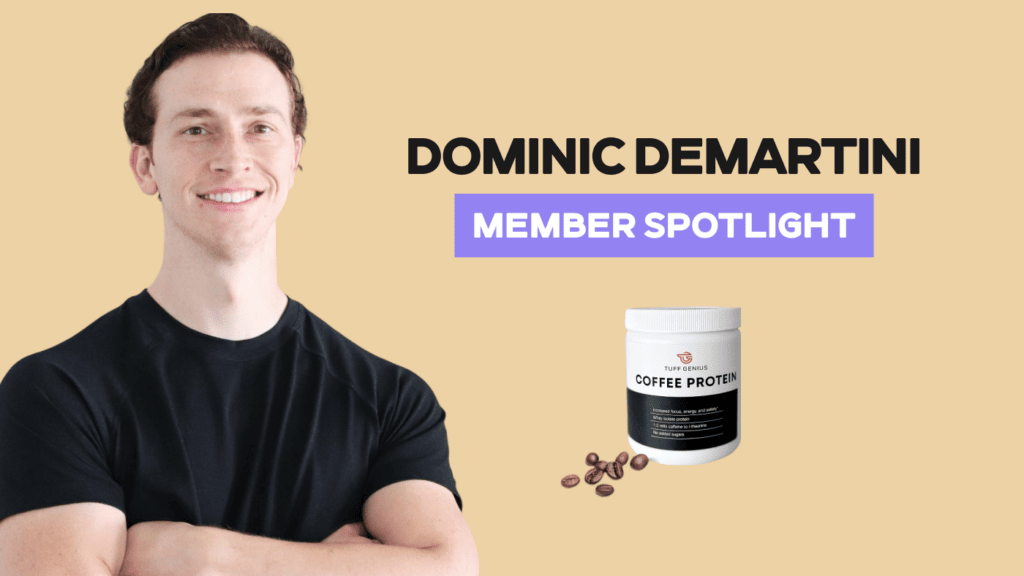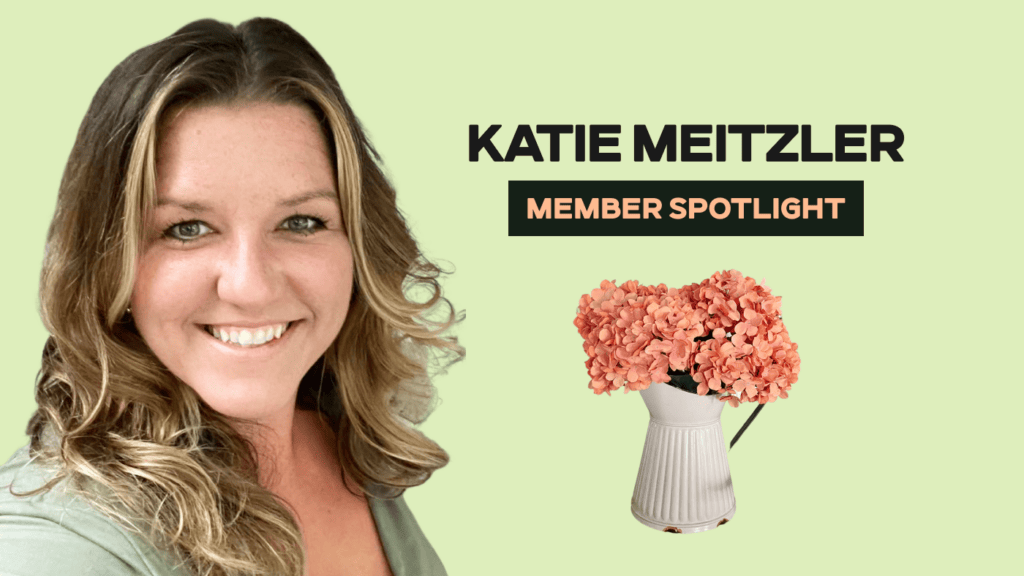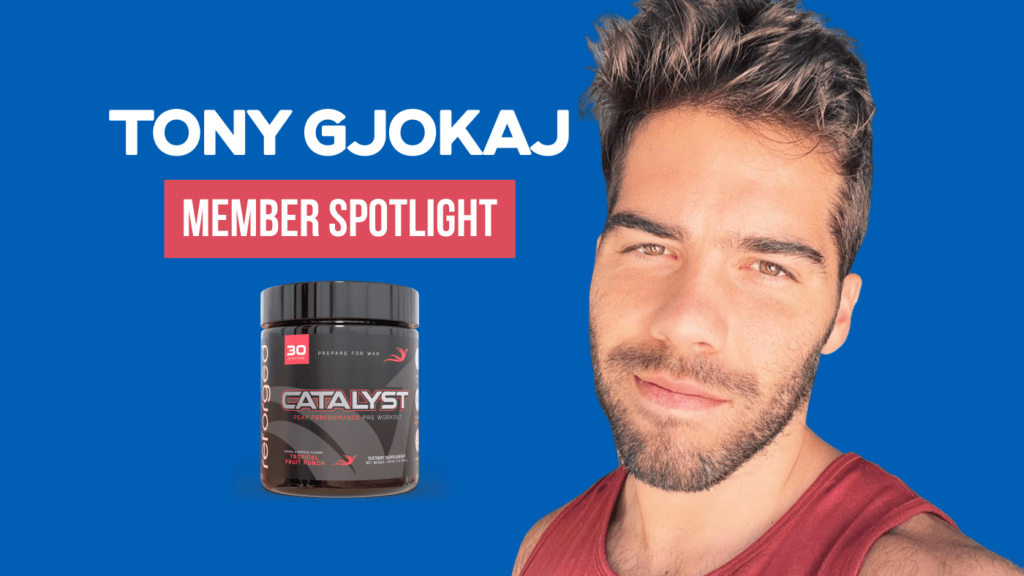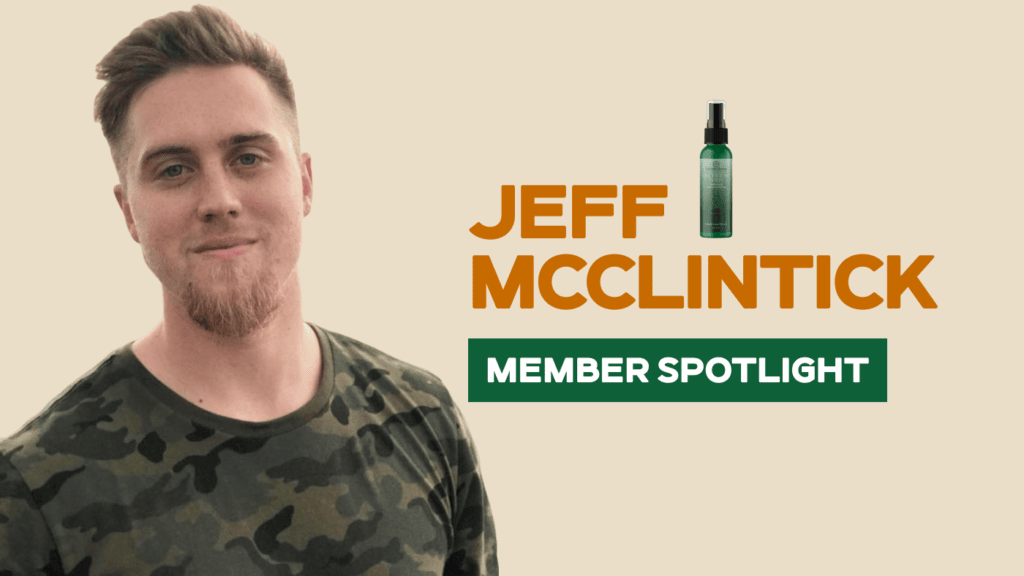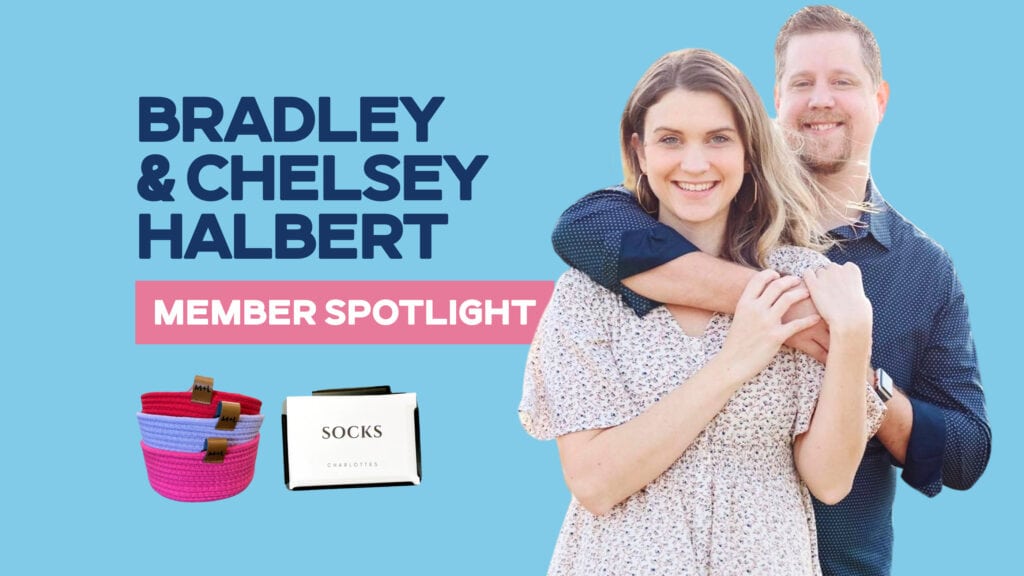Greg Johnson Believes an Open Mind and Doing What You Love Is the Key to Cap Inc Success
Greg Johnson is no stranger to entrepreneurialism. He's started businesses of varying success since 2012. But this time around, he wanted to do it in a way that gave him the kind of freedom most entrepreneurs never achieve. He joined the Capitalism Incubator to help him do it. Here’s what he has to say about his experience.
I love to create things, and I love to help others do the same. That uniting idea is behind everything I do.
Don't let Greg Johnson fool you—he’ll be the first to admit he wasn't always this charming, selfless, helpful person. Just a few years ago, he considered himself a selfish son of a bitch. Serving people didn't always come easy to Greg. In the early days, he viewed anyone on the same path as his direct competition. If he was more successful than his "competitors," he felt superior. But if they were further along the course, he distrusted and despised them.
That mindset no longer describes him, however. He thanks his experience with the Capitalism Incubator for broadening his once narrow perspective. And he wants others to follow in his footsteps.
Serving an Audience: Curated Gifts for Catholic Women
Although Greg has multiple revenue funnels up his sleeve, his primary focus is The Little Catholic Box, a quarterly subscription service. He and his wife Erica had never run a business together. But the chance to buy an established, faith-based subscription box was too good to pass up. Being committed to their beliefs, it was the perfect fit for them. The brand caters to women, and Erica and Greg Johnson curate Esty-esque products with a bit of a Catholic twist.
This business just ended up being an excellent way for my wife and me, together as a team, to explore the relationship between our faith and love for the business world.
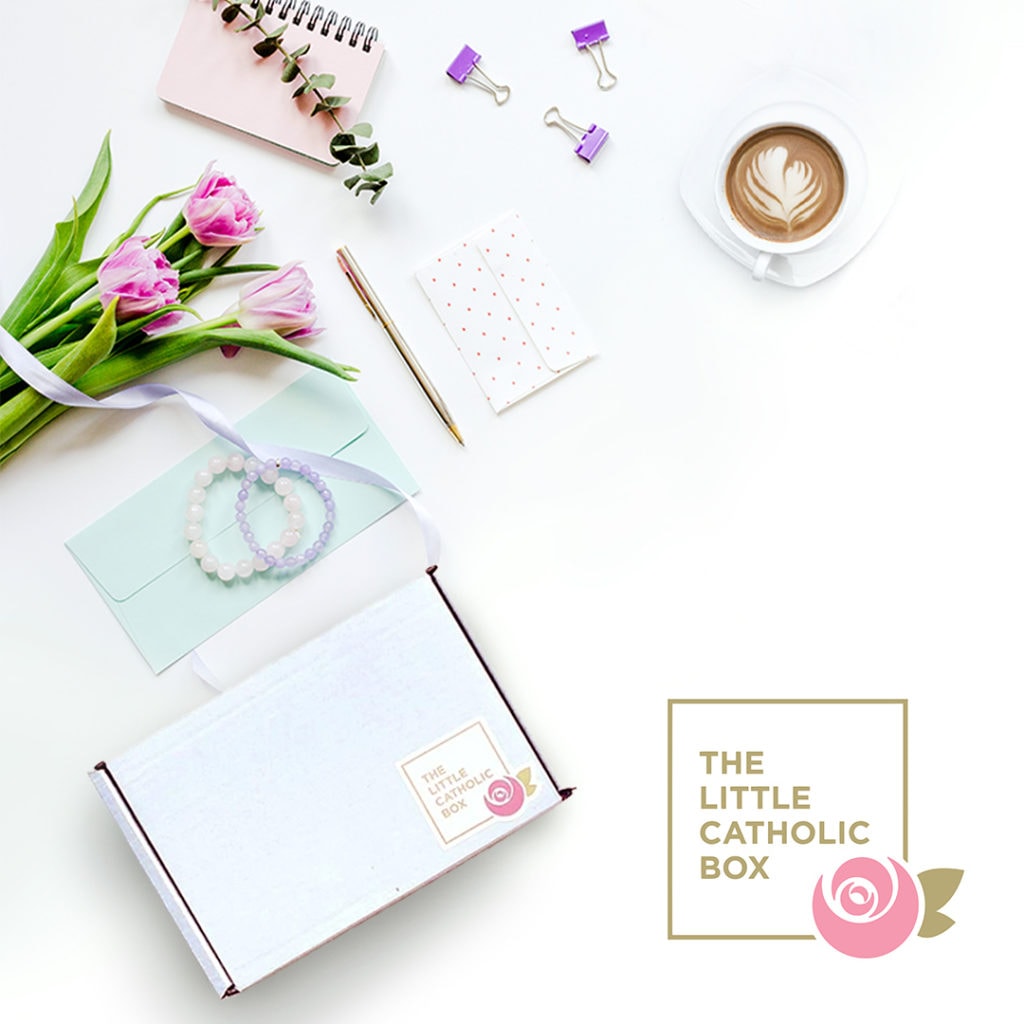
Buying the subscription box was not a turnkey enterprise, however. The previous owner was considering shutting it down before Greg and Erica connected with her. They had to fully commit to the purchase within two weeks of finding the deal in order to keep the subscription schedule running on time. Greg had his work cut out for him—the transition was abrupt and some long-time subscribers were uncertain about Greg and Erica as the new owners. To further complicate the situation, the former owner never used an email list. Every sale she made was through organic Instagram traffic. Advertising and scaling were not part of the equation. Greg jumped into action and used his skill sets to connect with existing subscribers. He also created an email list and launched Facebook Ads to build an audience.
Greg's business intuition helped build momentum. The Little Catholic Box now has an audience of 15K on Facebook, 10K on Instagram, and an email list with 7K names. Along the way, Greg also learned a few valuable lessons about marketing, specifically how to not be an "askhole." Instead of begging customers to buy this and purchase that, he focuses on learning how he can serve their needs. Facebook and Instagram are still at the top of the funnel, but he also sends out 1-2 emails a week. He's grown more comfortable with how to connect with his audience.
What Goes Inside the Little Catholic Box?
Each quarter, the company sends out a box of goodies to its loyal subscribers. Inside you'll find a variety of never-before-seen products, including handmade jewelry and home goods. Erica and Greg Johnson work with small vendors—many are stay-at-home moms just looking to make some extra money. The Little Catholic Box acts as a sales funnel for these small businesses. It provides an audience they would never find otherwise. Most of them don't know how to market or advertise their products. But Greg knows how to get their goods into the right hands.
In addition to serving the end customer, we're serving these small, handmade vendors by giving them a distribution channel that doesn't otherwise exist.
Greg understands the importance of working with these small vendors. Scaling too quickly could jeopardize their relationship because these companies don't have the budget or ability to mass-produce products. Outsourcing manufacturing to China would kill the meaning behind the box.
Managing this business is a delicate balancing act between serving the end customer and serving the vendors. It's a dual mission for him. Greg realizes if he broadcasts an item out to 50K subscribers, it could have a profound impact on his vendors. He could even monetize his skills to promote vendors and help them scale their businesses.
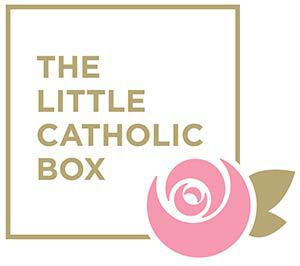
But at the end of the day, there's nothing Greg appreciates more than subscribers telling him it was "the best box ever" or a vendor expressing gratitude for the volume of sales the box provided. As he says, "It's so cool to get the messages back from the vendors when we've done something that has truly impacted them."
Expanding to a Larger Market: Greg Johnson Sets Sights on Amazon
Subscription boxes are a hot commodity, but they only serve a small sector. While the Shopify store is lucrative, Greg knew he needed to expand to a larger market. And he had his eye on Amazon. There was just one thing holding him back—sourcing the right products.
What sets The Little Catholic Box apart from similar brands is its dedication to curated, homemade products. Ordering one-of-a-kind, curated goods for a quarterly box is manageable for smaller vendors. But selling on Amazon would mean his vendors would have to produce on a much larger, nearly impossible scale.
Instead of outsourcing to China, Greg came up with a better solution—he and his wife would create their own products they could sell multichannel. This choice would allow the brand to continue selling the same high-quality products their customers already love without sacrificing its values.
Fangirling Over Ryan Daniel Moran
Greg became a member of The One Percent in 2019. The longer he stuck around, the more he realized what Ryan taught was what he needed to hear—how to build something that serves other people. He also learned to stop chasing opportunity and money because you'll build a business you despise. Greg was no stranger to that. He and some partners had launched a 7-figure scientific instruments business. But Greg chose to walk away from it to save his mental health.
Greg soon decided he wanted to learn more. By then, he had already built a high 5-, low 6-figure business selling on Amazon, but it was barely a business. The day Amazing Selling Machine launched, Greg tried joining on his cell phone in a McDonald's parking lot. But it wasn't smooth sailing. ASM crashed every time Greg submitted the payment. He took it as a sign to look elsewhere. However, a few days later, Ryan sent out an email offering membership in the Tribe (now the Capitalism Incubator) to ASM buyers who bought through his link. Greg never looked back.
While Greg may seem confident today, he says being a newbie in the group made him sweat profusely. He says his first Zoom call with Ryan was one of the most intimidating experiences of his life. However, he quickly discovered that the people who interacted the most were also the ones who created the most value.
A few weeks in, he finally got up the courage to ask a question during a call. Ryan answered the question, but Greg was too stupefied to process it. He says all he could do was nod like a starstruck fangirl. He left the call with no recollection of what Ryan said and had to watch the replay to catch it.
The Unmeasurable Value of the Capitalism Incubator
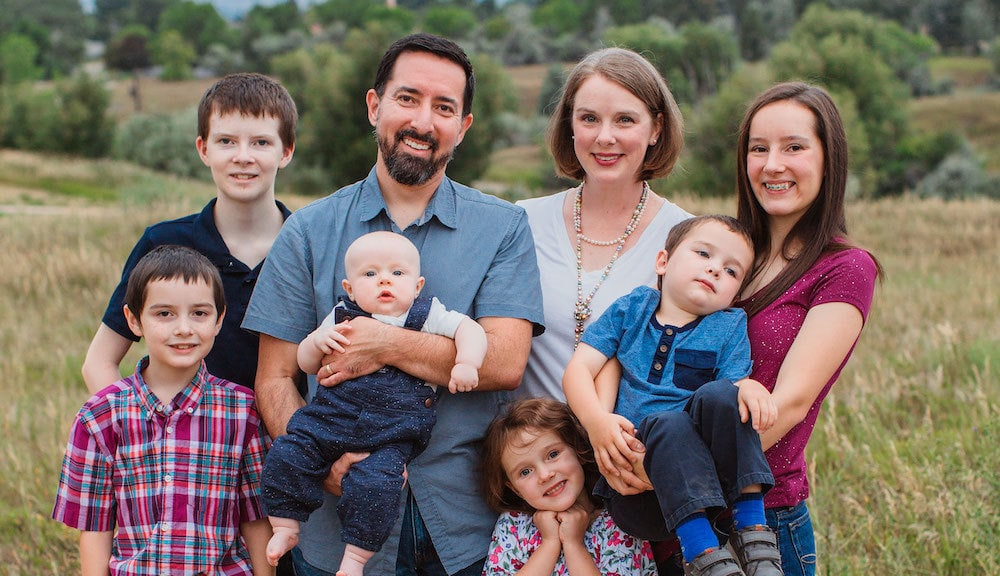
Today, Greg comes across as a brand owner who’s crushing it. But he didn't join the Capitalism Incubator with that mindset. He had the same fears and trepidations as many others. "Am I going to get my money's worth? Can I be vulnerable and share what I'm doing with others on this call?" He also worried more successful entrepreneurs would judge him for not being a millionaire after years of selling.
However, Greg's experience in the Capitalism Incubator put all these fears to rest. Working closely with Ryan was a huge benefit. But even more, he has also gained a ton of value from the rest of the group. Greg describes it as the strongest, most tightly-knit online community out there. He's formed lifelong friendships and connections that will only help accelerate his future endeavors.
The Future of The Little Catholic Box
The Capitalism Incubator teaches entrepreneurs how to build 7-figure businesses they can sell. Greg sees this as a genuine possibility. A few years ago, he couldn't fathom ever selling The Little Catholic Box—not because he wanted to work forever but because he didn't think it had value to others. But after doing industry research exercises and building a pitch-deck, Greg believes otherwise. He's open to finding investors. In fact, he already has a few interested potential acquirers.
Clinging to equity is a scarcity mindset. I absolutely know of certain partnerships that could arise that would be worth equity, and I have no qualms at all about giving equity to the right person.
Greg's experience with the Capitalism Incubator has been life-changing, but it's definitely not what he expected. It's essential to go in with a completely open mind and a willingness to grow and learn. Greg came out with far more value than he ever imagined. What's his advice to future Cap Inc members? "The process will change you in ways for the better you don't expect. Allow yourself to be changed if that's the direction it goes."
Greg hopes his story will encourage you to continue in your 7-figure journey. He invites you to head over to The Little Catholic Box to join the current email giveaway. And if you want to take your business to the next level, you’ll love this free guide he made for you. It’ll teach you how to build an email list and generate sales even if you’re just starting today.
